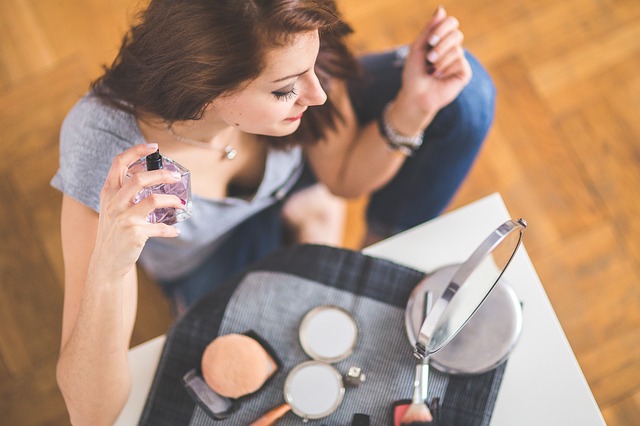How and Why to Avoid Counterfeit Perfume

Imagine you’re shopping for a payday treat for yourself online. You spot a bottle of fragrance you’ve coveted for weeks, maybe even months. Then you see the price tag: an unbelievable bargain. Immediately, you add it to your cart.
When your new perfume arrives, you take it out of the box and spritz: but instead of notes of florals, spices or musk, you smell something far more suspicious. Suddenly you realize that your fresh new fragrance is a fake.
Situations like these can be annoying, but fortunately, there are ways to avoid buying knock-off scents. In this guide, we’ll cover everything, from tips on how to spot a counterfeit perfume to services that can help you to authenticate Dior, Gucci and many more fragrance houses.
Dupe or Duped? How to Spot a Counterfeit
Most of us will be aware of fake or “dupe” fragrances: imitations of designer perfumes intended to closely mimic more expensive perfumes. While dupe manufacturers generally take care to avoid any semblance of the perfume being imitated, for counterfeit perfumes the total opposite is true.
The intention of counterfeit perfumes is to copy everything about an original branded item, essentially acting as a forgery. Prices that seem too good to be true are often a sure giveaway that what you’re about to purchase is a fake. Other telltale signs to check for include the following:
- Poor grammar and spelling on the packaging, or unusual layout of information
- Loosely or poorly-wrapped cellophane around the box
- Poor-quality box packaging
- Bottle is made from high-quality materials with a symmetrical (unless intentionally asymmetric in design) and spill-proof cap.
- Unusual or unusually dark color liquid (real perfumes tend not to use excessive dyes)
- An ingredients list laden with synthetic products.
- Something “off” about the smell (this tends to work best if you are either familiar with the scent or are especially attuned to how the notes in a genuine fragrance normally smell).
- Poor sillage and longevity
An absent or fake barcode can be another clue: these should always be on the back of perfume boxes. If the barcode is positioned elsewhere, such as on the sides of the box, it may be a counterfeit. Genuine fragrance packaging should also feature a batch, control and serial number that you can check with the manufacturer in case of any doubts.
How to Avoid Buying a Fake Fragrance, and Why It Matters
Unregulated manufacturing processes and overuse of synthetic ingredients make counterfeit fragrances not only a potential hazard to our health, but also to the planet, where they end up in landfills. These chemicals are then released into the water supply and ground, causing pollution.
One of the best ways to avoid buying counterfeit perfumes is to buy from a reputable retailer. Generally speaking, in-store purchases tend to be the more reliable option, allowing customers to see, handle and test the product in person, although this tends to refer more to well-known department stores, rather than flea markets.
Online purchases tend to involve a little more research, especially if you’re not familiar with the selling platform. Ideally, vendors should have a safe shopper guarantee, a solid return policy and genuine, impartial reviews. Another sign can be the grammar and spelling on the website. If something seems off in general, it’s best to avoid.

